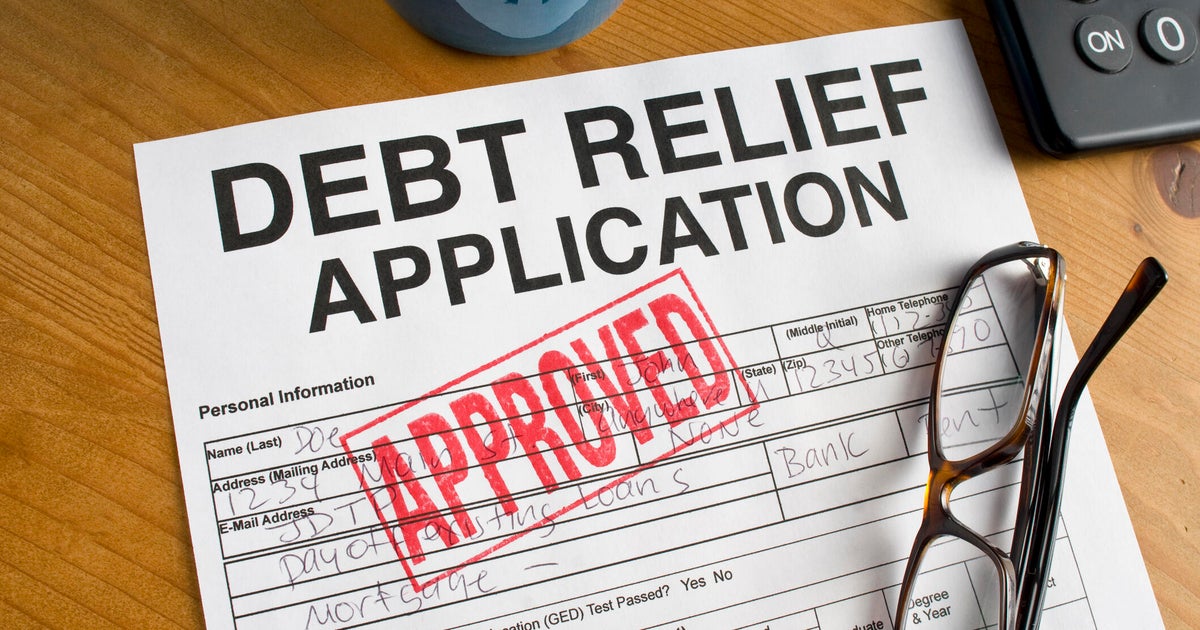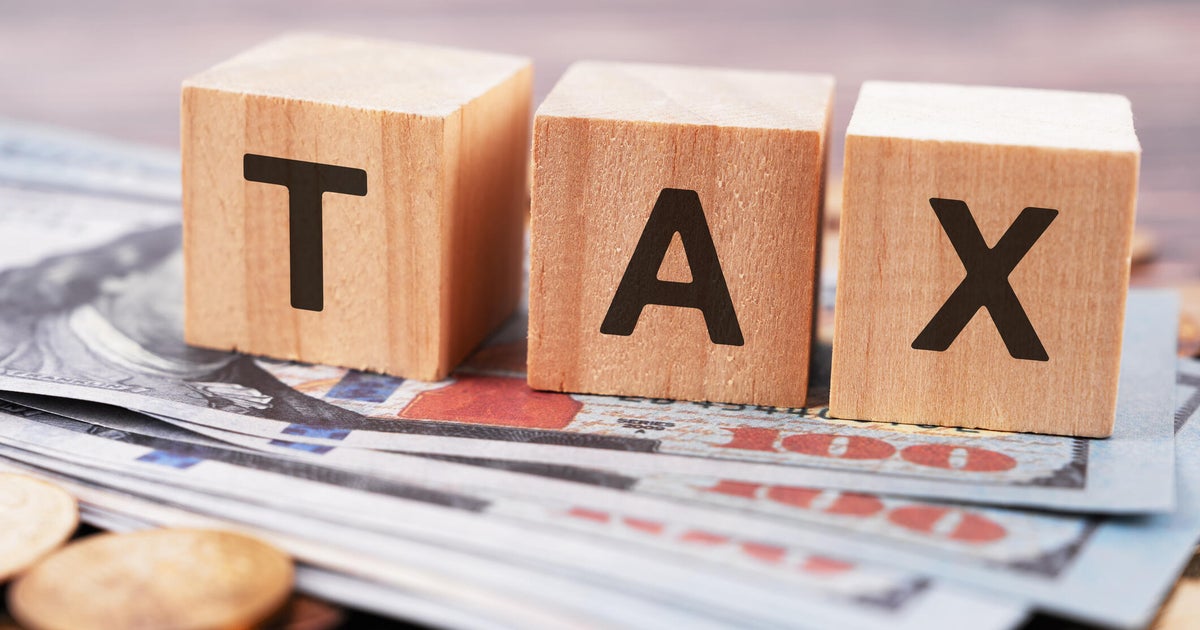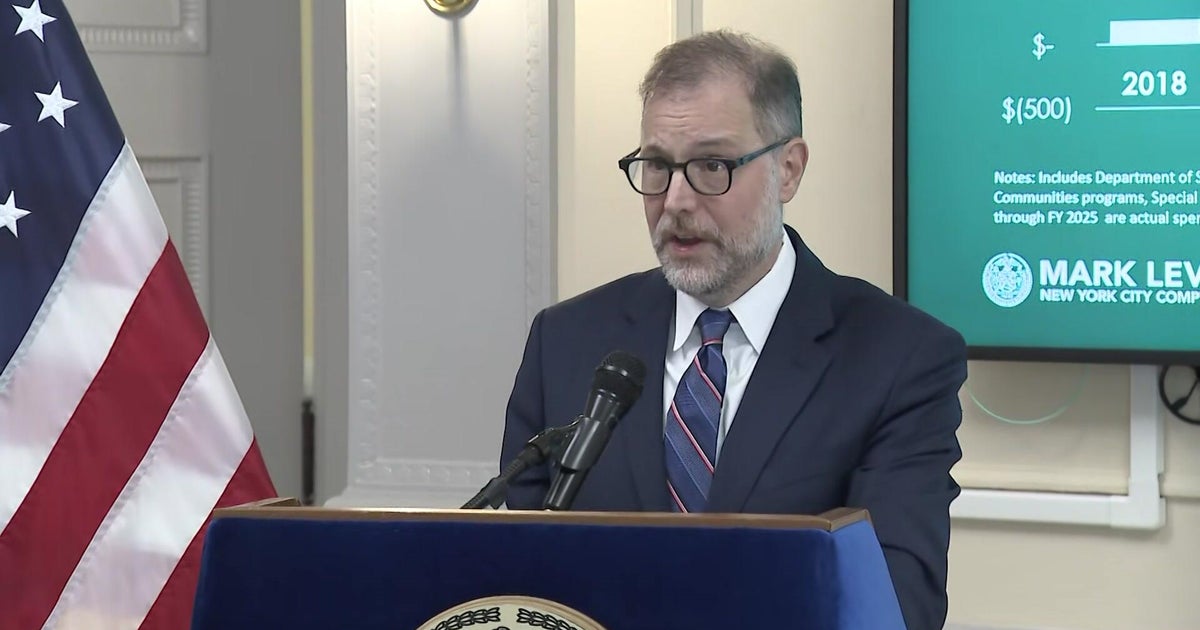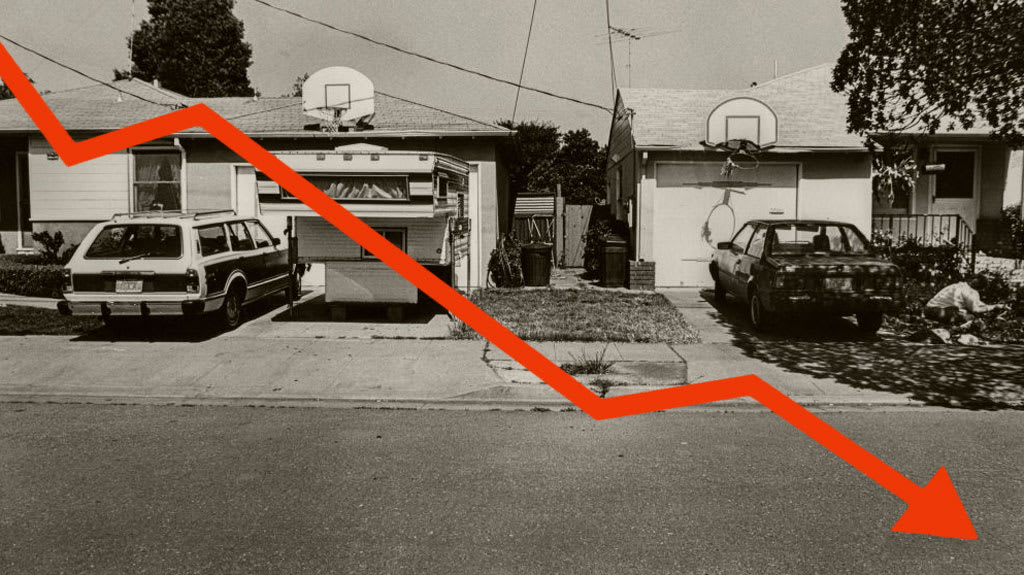How to roll all your debt into one payment for May
If you're struggling to juggle multiple debt payments in today's tough economic landscape, you're in good company. With credit card interest rates still hovering near record highs and household budgets stretched thin from inflation that hasn't fully cooled yet, many Americans are struggling to keep up with their financial obligations. And, you may be even more stressed about your finances if you've just written a big check to the Internal Revenue Service (IRS) or are feeling the pinch of spring expenses like home repairs or rising utility bills.
But you don't have to let the debt payment issues compound. Right now is actually a great time to get proactive about simplifying your debt situation. For example, streamlining your debts into a single monthly payment can make things a lot easier to manage — and it can potentially save you a serious amount of money in interest and late fees. So, whether you're tired of making payments on several different debts each month or just want a clear path out of debt, rolling everything into one payment could be the move to make.
What's the smart way to do that? Well, there are several approaches you can take to consolidate your debt right now.
Get help with your high-rate debt today.
How to roll all your debt into one payment for May
Here's a breakdown of your debt consolidation options to help you determine which one makes the most sense for your situation:
Apply for a traditional debt consolidation loan
When you take out a debt consolidation loan — which can be a personal loan, a dedicated debt consolidation loan or another type — you use the loan proceeds to pay off multiple high-rate debts, leaving you with just one loan payment. If you have decent credit, you might also qualify for a loan with a lower interest rate than what you're currently paying on your other debts, which can save you money over time.
- Benefits: If you qualify for a lower interest rate than what you're currently paying across your various debts, you could save significant amounts on interest. A fixed payment schedule also provides predictability for budgeting purposes.
- Drawbacks: You'll need a reasonably good credit score (usually 650+) to qualify for favorable rates. Also, if you extend your repayment period, you might pay more in total interest despite a lower rate.
Chat with a debt relief expert about the solutions available to you now.
Use a debt consolidation program through a debt relief company
If your credit score is on the lower side or you're finding it difficult to get approved for a loan, a debt consolidation program could be a better fit. These programs are typically offered through debt relief companies, which partner with third-party lenders to help you borrow the money to roll your unsecured debts (like credit cards or payday loans) into a loan with a single monthly payment.
- Benefits: These programs tend to be more accessible than a traditional loan if you have a lower credit score, and they offer a structured repayment plan and professional guidance, which can be helpful both now and in the future.
- Drawbacks: These programs typically come with fees that can increase the cost of consolidating your debt, and the rate you get on this type of consolidation loan will typically be higher than it would with a traditional consolidation loan due to the higher risk the lender takes on.
Look into a debt management plan
A debt management plan is another way to simplify your debt repayment by rolling all of your monthly obligations into one. When you enroll in a debt management program through a credit counseling agency, you're not borrowing new money — you're just getting a more manageable structure for the debt you already have. You make one payment to the agency, which then distributes it to your creditors. The agency may also be able to negotiate lower interest rates or waive certain fees on your behalf, which can lower your overall costs.
- Benefits: In addition to streamlined payments, you get professional guidance through the process, potentially reduced interest rates and a structured plan to become debt-free in three to five years (on average).
- Downsides: These plans typically require closing your credit accounts, which can temporarily affect your credit score. Most credit counseling agencies also charge modest setup and monthly maintenance fees.
Consider a balance transfer credit card
If your debt is mainly on high-rate credit cards and you have good credit, a balance transfer card with a 0% intro APR can be a smart option to consider. These cards allow you to move your existing credit card debt onto a new card with no interest for a set period — typically up to 21 months. That gives you a window to aggressively pay down your balance without accumulating more interest.
- Benefits: The opportunity to pause interest accumulation for a significant period can help you make meaningful progress on paying down your principal balance.
- Downsides: Most balance transfers come with fees (typically 3% to 5% of the transferred amount). If you don't pay off the balance before the promotional period ends, the remaining balance will be subject to the card's regular rate.
The bottom line
Consolidating your debt can provide significant relief from the stress of managing multiple monthly payments and may save you money on interest charges. And, there are plenty of ways to roll your debt into one payment for May, so do your research, find the right option and get the process started now. Just remember that while debt consolidation can be a smart move, it's still a tool, not a solution in itself. Without also addressing the spending habits that led to accumulating debt, you risk finding yourself in the same situation again.






